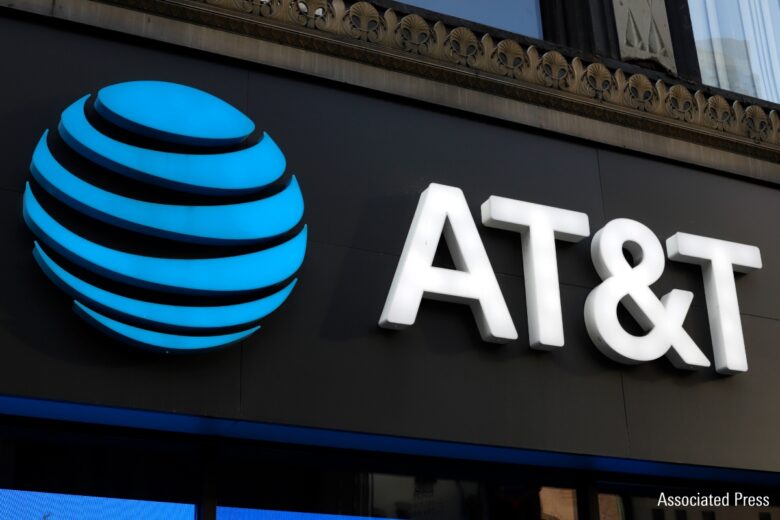Millions of AT&T customers are on edge after the telecommunications giant revealed a data breach on Friday, impacting nearly all its wireless subscribers. The company confirmed unauthorized access to a third-party cloud platform resulted in the download of customer call and text records, raising concerns about privacy and security.
This news comes just months after AT&T disclosed a separate data leak in March, highlighting a potential pattern of vulnerabilities within the company’s data security measures.
What Happened?
AT&T acknowledged the breach in a statement, outlining their immediate response. They launched a comprehensive investigation with the assistance of leading cybersecurity experts to determine the scope and nature of the attack. The compromised data access point has been secured, and the company is collaborating with law enforcement, leading to at least one arrest.
What Data Was Breached?
The leaked information consists primarily of call and text interaction records for a vast majority of AT&T’s cellular customers. This includes mobile virtual network operators (MVNOs) utilizing AT&T’s network and landline users who interacted with those cellular numbers. The affected timeframe spans from May 1, 2022, to October 31, 2022, with additional records from January 2, 2023, impacting a smaller group of customers.
AT&T emphasizes that the compromised data does not include the content of calls or texts, nor does it contain sensitive personal information like Social Security numbers, dates of birth, or other identifiers. Additionally, details typically found in usage data, such as timestamps for calls and texts, are absent. However, the leak involves telephone numbers associated with the interactions, and for some records, cell site identification numbers might be included. While customer names weren’t compromised, readily available online tools could potentially be used to identify names linked to specific phone numbers, raising privacy concerns.
What’s Next?
AT&T assures customers that the leaked data isn’t believed to be publicly available. The company plans to notify all affected current and former customers and provide resources to help safeguard their information. This includes offering credit monitoring and identity theft protection services, depending on the nature of the exposed data for each individual.

Previous Data Breach Raises Questions:
This incident follows another significant data breach disclosed by AT&T in late March. That leak involved the release of information for approximately 73 million current and former account holders on the dark web. The leaked data, likely from 2019 or earlier, potentially included details like passcodes, names, email addresses, home addresses, phone numbers, dates of birth, and even Social Security numbers.
AT&T responded by resetting passcodes for affected current account holders and offering identity protection and credit monitoring services to those whose sensitive data was exposed. However, the origin of the leaked data in March remains unclear, along with any potential connection to a 2021 claim by the hacker group ShinyHunters, who previously alleged possession of data impacting 71 million AT&T customers.
A Pattern of Vulnerability?
These back-to-back data breaches raise serious questions about AT&T’s data security practices. The company maintains it has no evidence of unauthorized access to its internal systems in either case. However, the repeated leaks highlight a potential vulnerability within its data storage and management protocols.
AT&T has assured customers of its commitment to protecting information entrusted to them. Moving forward, regaining customer trust will require a clear explanation of how these breaches occurred, along with a detailed plan for strengthening their data security infrastructure to prevent similar incidents in the future.
The impact on AT&T’s operations remains to be seen, but the potential consequences for millions of customers are significant. With personal data increasingly targeted by cybercriminals, robust security measures are critical. AT&T must demonstrate a renewed commitment to safeguarding customer privacy and regain the trust of those who rely on their services.



